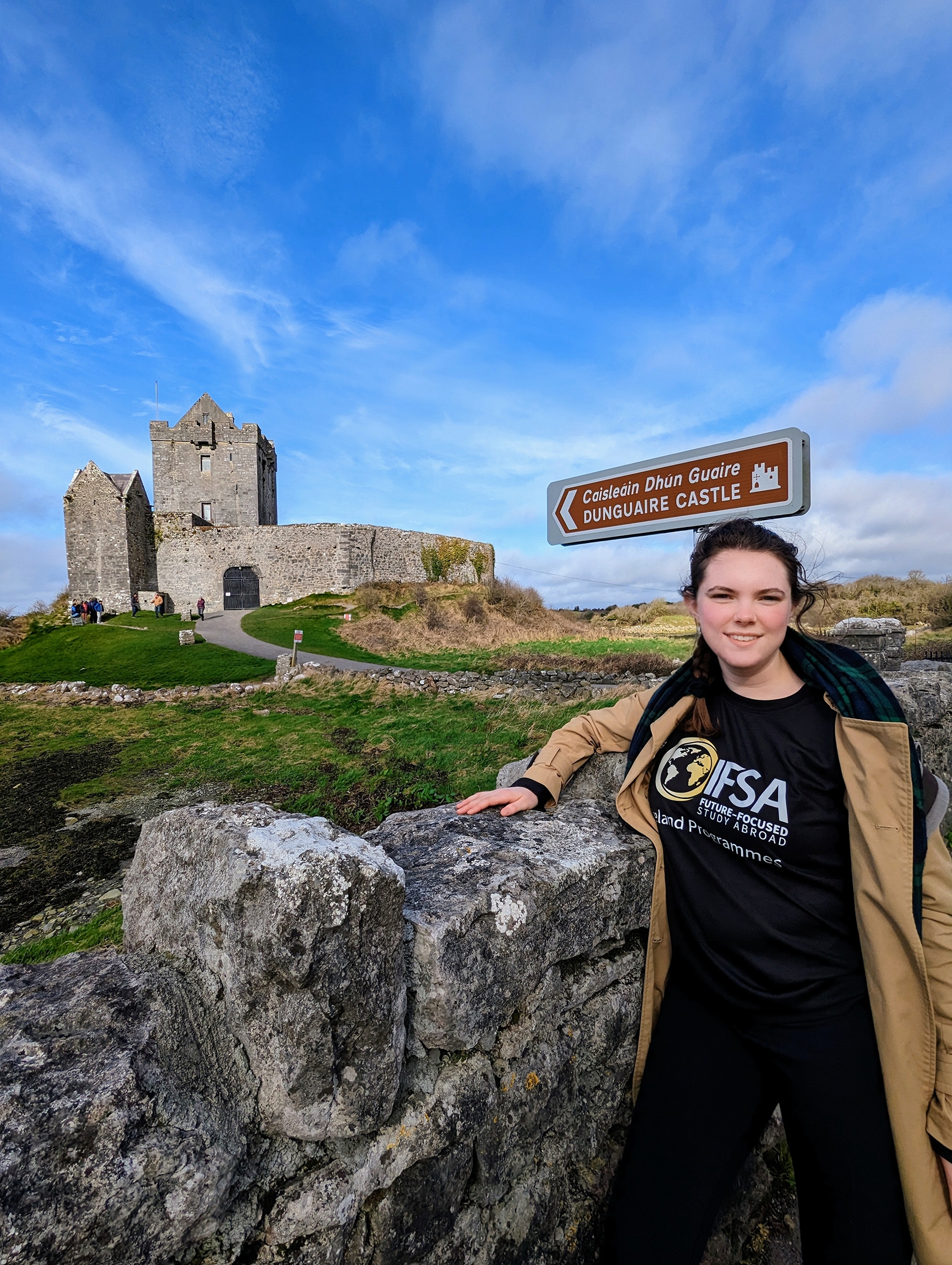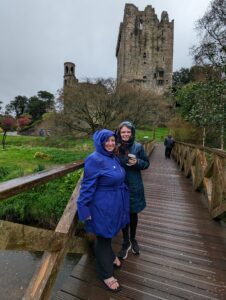What No One Tells You About Study Abroad



You will want to go home. And that’s okay. In my experience, before studying abroad everyone I talked to only referred to it in positive terms, raving about how it was the best time of their life. Now that I’m at the end of my study abroad term, I understand why. There are so many great memories of travel and new friends. It is so easy to look back and see only the best parts. However, that can be misleading and personally I wish someone had given me a more honest rundown of some of the difficulties of study abroad, especially at the beginning.

Accomplishing a dream
I’ve known I wanted to study abroad since before I got to college. I’ve been arranging my schedule around it since my first semester of freshman year. I even knew exactly what program I was going to do over a year in advance. I’d traveled internationally before, although only for around a week. I was also doing the program with my best friend who I’d lived with for the past three years. For all intents and purposes, I was set up for success. The plane rides, layovers, and bus trips all went better than could be expected. I should have been happy, I was getting exactly what I wanted. The dream was coming true, right? However, despite all this, I couldn’t help the thought that kept popping up: ‘I want to go home’ ‘I want to go home.’
Navigating homesickness
A part of me was embarrassed, like I was being childish for feeling this way. But, I also knew that it was a perfectly normative response. I was in a different country surrounded by strangers and my family was across the ocean. I think it’s natural that when you leave everything you know behind and find yourself in a completely foreign environment your mind and body would react by saying to you ‘I don’t like this’ ‘Let’s go back to where we feel safe and comfortable’. Once I gave myself permission to feel these things I could start addressing it. Everyone is likely to be different, but for me it helped to journal my feelings and talk to others. I found that when I was honest with other people in my program that I was sad and had thoughts about wanting to go home, those feelings were reflected. Some people I know cried themselves to sleep for the first couple nights. Others had already started counting down the days till they would be going home. This is not because there was anything wrong with the program, in fact it was quite the opposite. Everything had been well organized, we got our rooms set up, and our onsite coordinator was super supportive and everyone loved her. In some ways this made those feelings even more confusing. I would be asking myself, ‘if everything is going so well, why do I want to leave?’. Again, I think it just comes down to people’s natural reactions to change – and studying abroad is a big change, no matter how prepared you are.
Finding healthy coping strategies

The main things that helped me cope with homesickness and anxiety were talking with others and leaning into things that could bring me comfort no matter where I was in the world. I love reading, so cracking open my book at the end of the night made me feel at home. I also rewatched some of my comfort show, which is of course Ted Lasso. While they might seem superficial, these things helped ground me by acting as reminders that while my surroundings had certainly changed, there were some things that remained constant.
Perhaps the most important thing, though, is to offer yourself kindness and take things at your own pace. If you don’t want to go out exploring the first couple of nights because you’re still settling in, that’s okay. You’ll have 100 other nights to go on an adventure, there’s no rush.
Skye S. | St. Thomas University | IFSA University of Galway Partnership | Spring 2023 | IFSA Student Marketing Correspondent